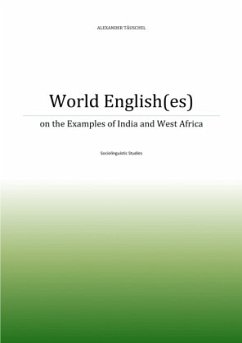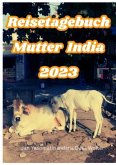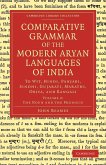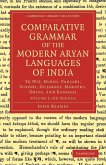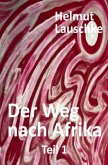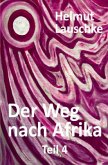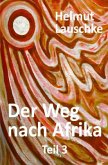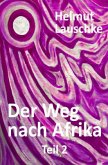This paper takes a look at the current state of English as a global medium. It investigates two varieties, Indian English and West African English, by looking at their major lexical, phonetic, and grammatical features, and has the two well-acknowledged writers Raja Rao (India) and Chinua Achebe (Nigeria) comment on their individual ways of and views on writing in English. It also discusses the major 'side effects' of the emergence of a global language, as there are language death, linguistic complacency, linguistic power and linguistic supremacy in consultation of David Crystal's English as a Global Language, and it concludingly takes a hypothetical look on the potential future of the world language English.This book is addressed to students and lecturers of English Linguistics, Sociolinguistics, and Postcolonial Studies.
Bitte wählen Sie Ihr Anliegen aus.
Rechnungen
Retourenschein anfordern
Bestellstatus
Storno

